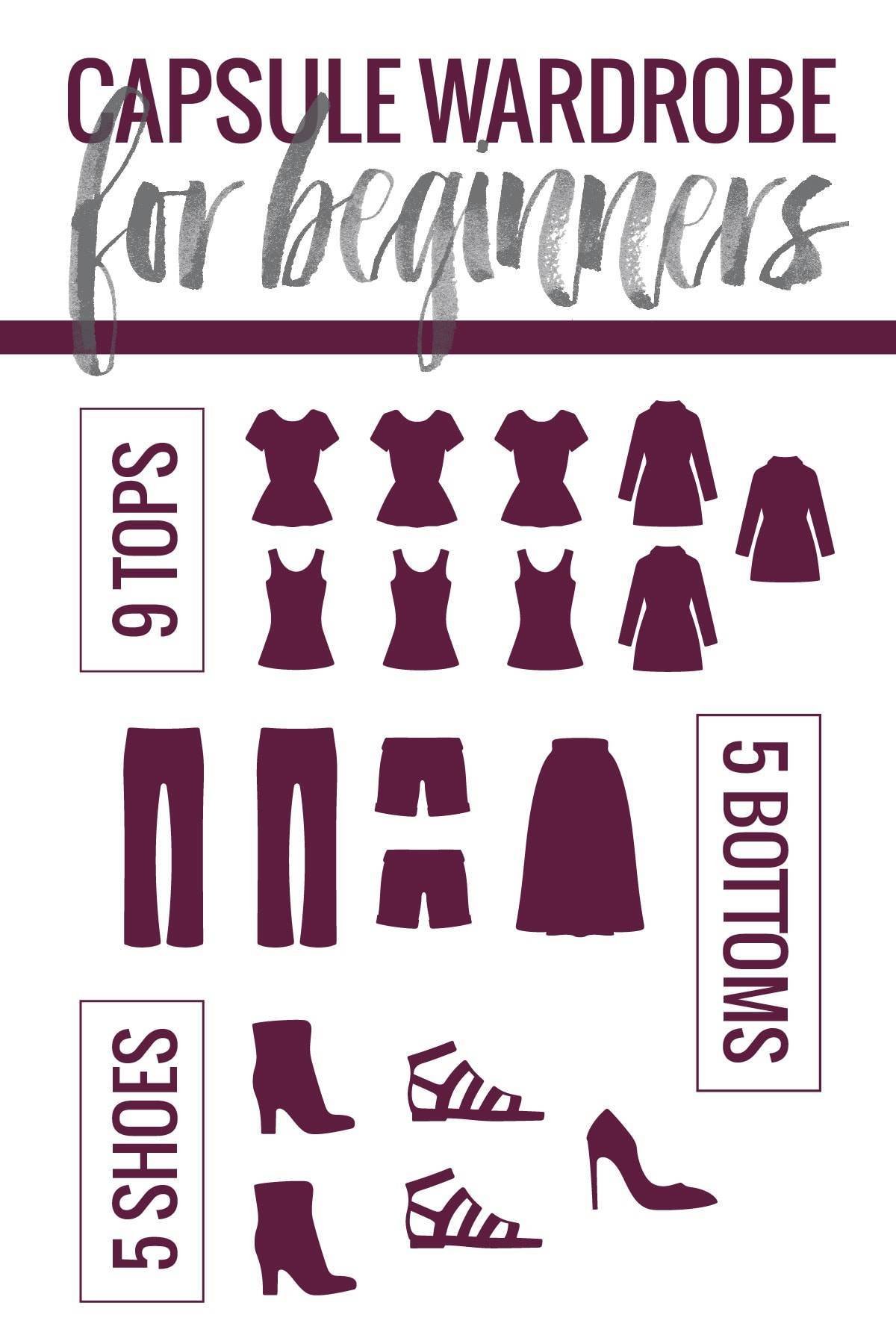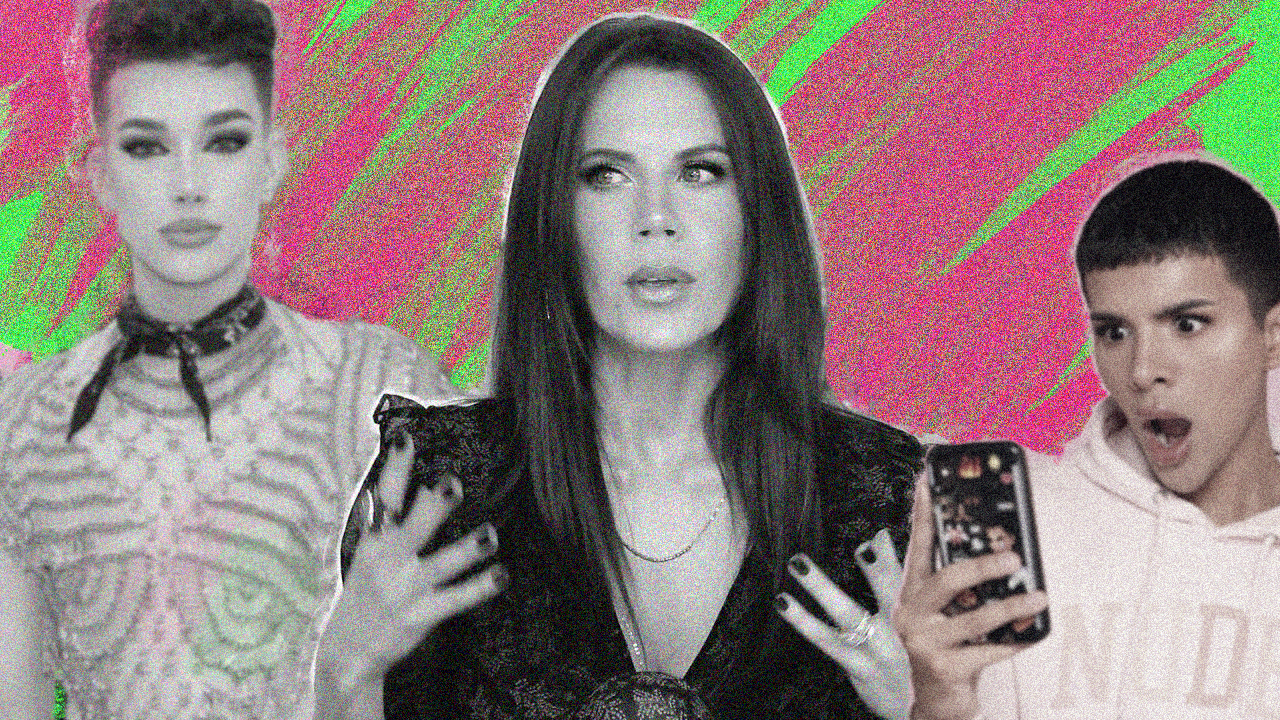Week 3: Blogging Politics and Cheapened Fashion
Grace PetersenMay 5, 2019
We've passed the midway point now in the challenge, with only two more weeks left. I remain in my undisturbed state of contentment, but as a senior graduating this spring, my anxieties about what I will wear for commencement have begun to rear their ugly heads. I do have a sixable wardrobe which I have built up form years of my slow-scale shopping, and yet the distinct challenge of wearing something unique and mature to graduation- in colors that go with Aggie blue and gold- is beginning to tempt me into breaking the be green challenge.
In order to counter this, I have been looking into strategies to work within my wardrobe. What I ended up finding is a subset of bloggers who advocate for minimal, timeless wardrobes called "capsule wardrobes." Though I am not shopping for the remainder of the challenge, I have started to use this time to plan for a re-haul of my clothing, downsizing and incorporating a minimalist palette that encourages more of my clothes to be worn, and less clash of fabric in the back of my closet.
 |
| An example of a capsule wardrobe (Source: pinchofyum.com) |
While thinking of all of this, I couldn't help but connect the politics of blogging as covered by Pham. I noticed that a lot of the fashion blogs I would be reading were written by Asian-Americans, and began to think about how blogging as a democratic way to engage with fashion is specifically criticized by a european fashion hegemony in part because of race. Bloggers are often considered 'cheap' when sharing their own fashion tips, but I notice white bloggers or those who are connected to major brands are instead called 'minimalist' or 'economical' for the same behaviors. Pham writes that "cheap continues to be the economic description of Asian difference" (emphasis mine). Recently, there has been a swelling controversy within the beauty blogging and vlogging communities, and I can't help but think of how bloggers such as James Charles are now being called out for predatory behavior, even if his previous racism was overlooked.
 |
| James Charles, and former friend Tati Westbrook |
Works cited:
Leight, Riley R. "'Bye, Sister.' A Definitive Guide To The End of James Charles." Medium. May 12,
2019.
https://medium.com/@rileyrleight/bye-sister-a-definitive-guide-to-the-end-of-james-charles-
ccced141c506
Pham, Minh-Ha T. “The Taste and Aftertaste for Asian Bloggers.” Asians Wear Clothes on the
Internet: Race, Gender, and the Work of Personal Style Blogging. Duke University Press,
November, 2015.
No comments:
Post a Comment